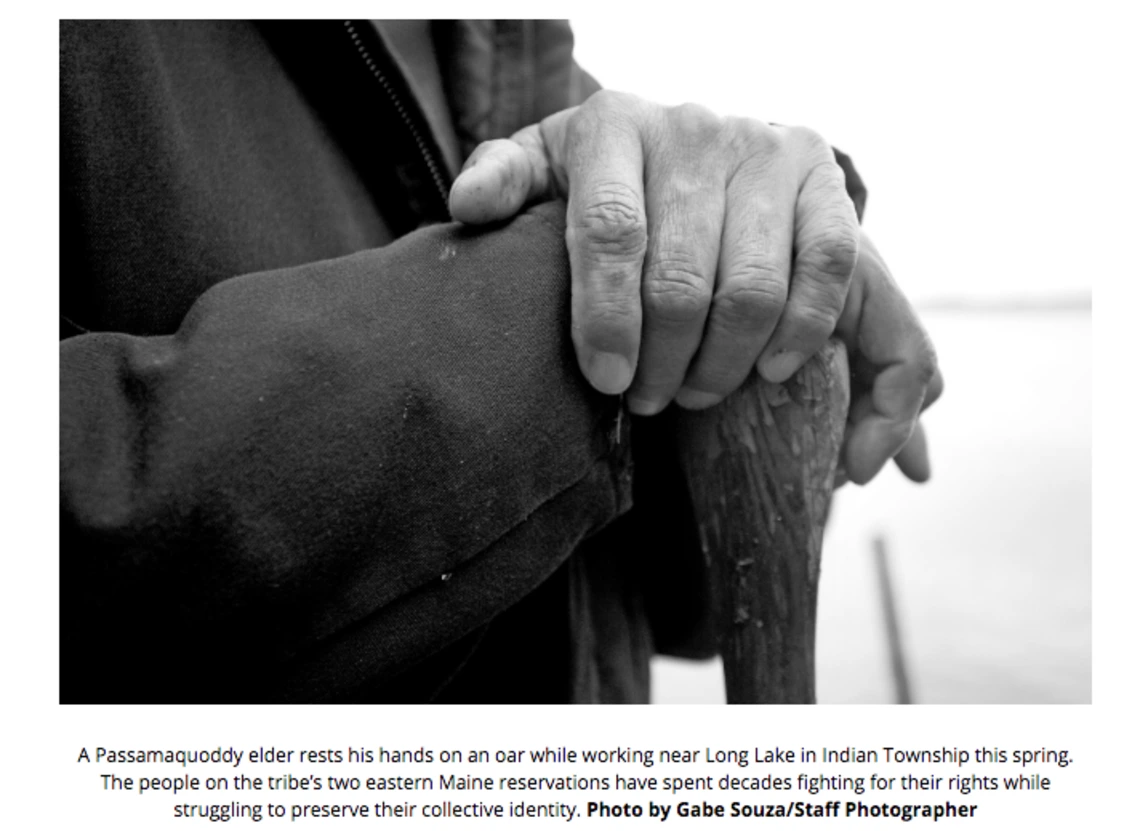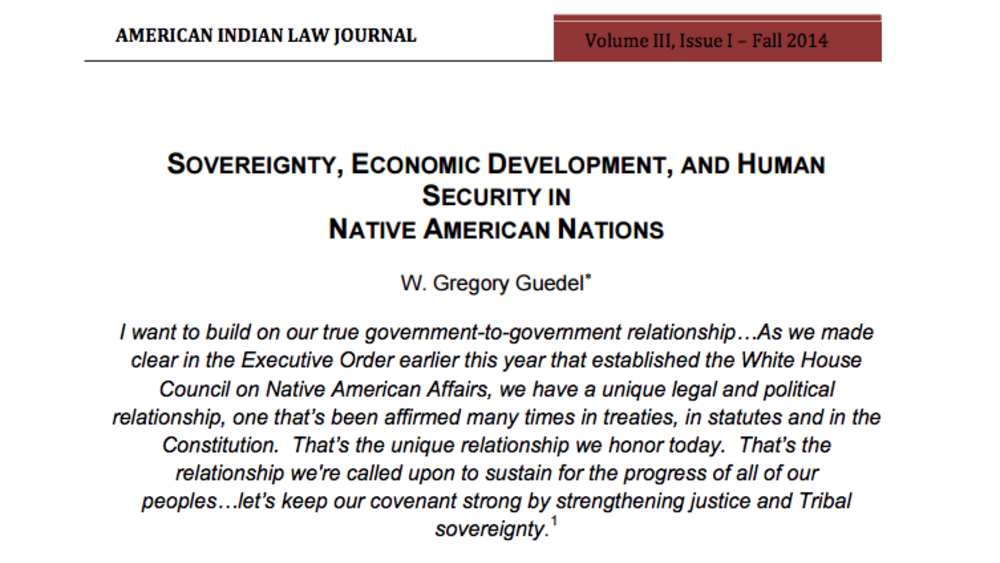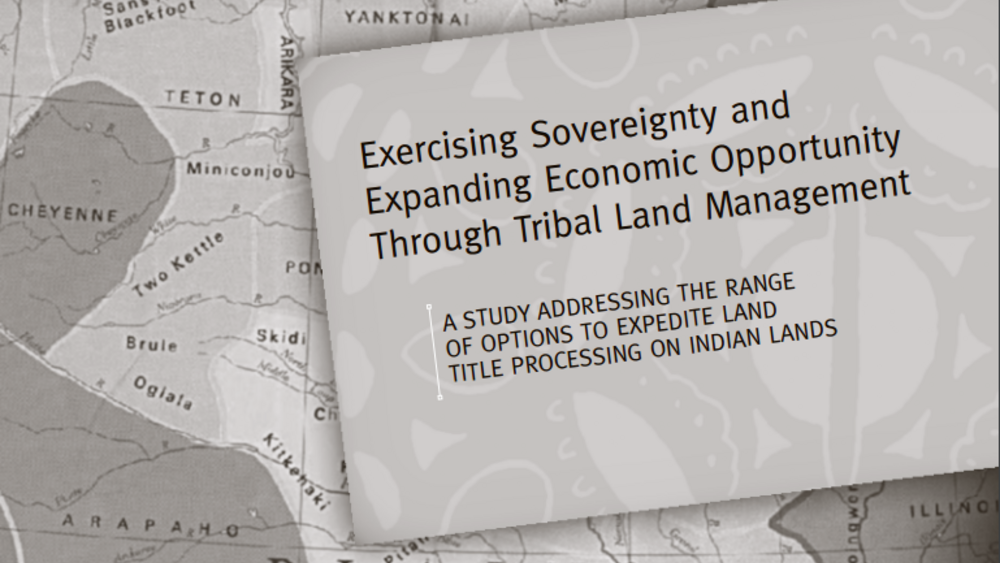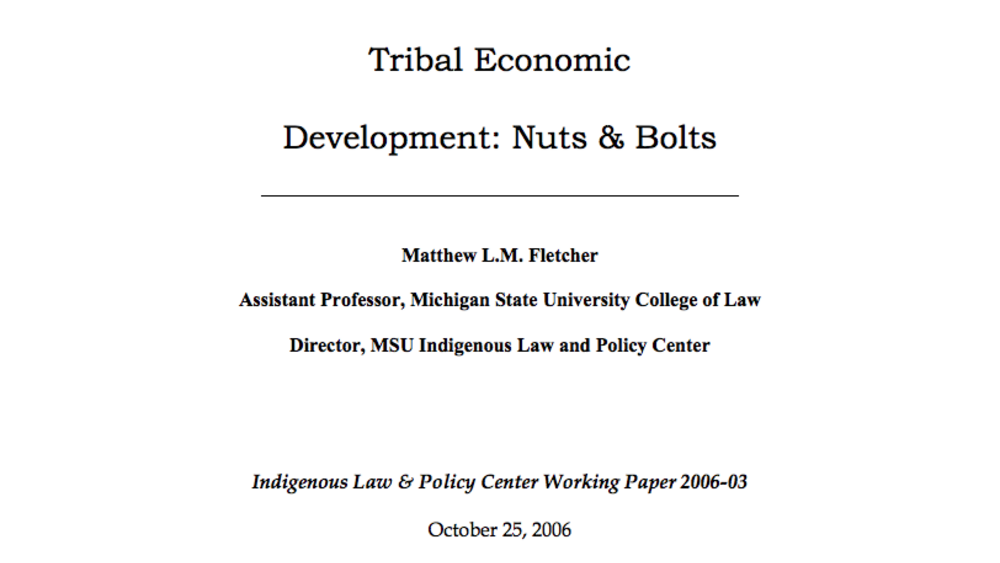An economic, political and cultural renaissance is underway throughout Indian Country in the United States. It’s been going on for nearly a quarter-century. Whereas in the 1980s, economic growth on Indian reservations lagged far behind the rate of the U.S. economy, through the booming 1990s and the stagnant 2000s, per capita income growth on Indian reservations outstripped the U.S. as a whole fivefold.
While U.S. poverty rates held steady (at 10 percent), in Indian Country they fell from 48 percent to 32 percent between 1990 and 2010. As U.S. unemployment increased from 8 percent to 10 percent, Indian unemployment fell from 26 percent to 19 percent over the same period. Incomes and life expectancy are still far below the U.S. average, but the gap is closing fast.
“The economic growth has been so rapid, and it has applied to both tribes with and without casinos,” says Joseph P. Kalt of the Harvard University Project on American Indian Economic Development, which compiled the data. “There’s a renaissance going on across Indian America and it’s not about casinos.”
The reason it’s happening, Kalt says, is the greatly increased control Indians have over their own affairs, including economic development efforts and the management of federally funded programs...
Additional Information
Woodard, Colin. "'We are getting stronger'." Portland Press Herald. July 27, 2014. Article. (http://www.pressherald.com/2014/07/27/we-are-getting-stronger/, accessed February 22, 2023)




